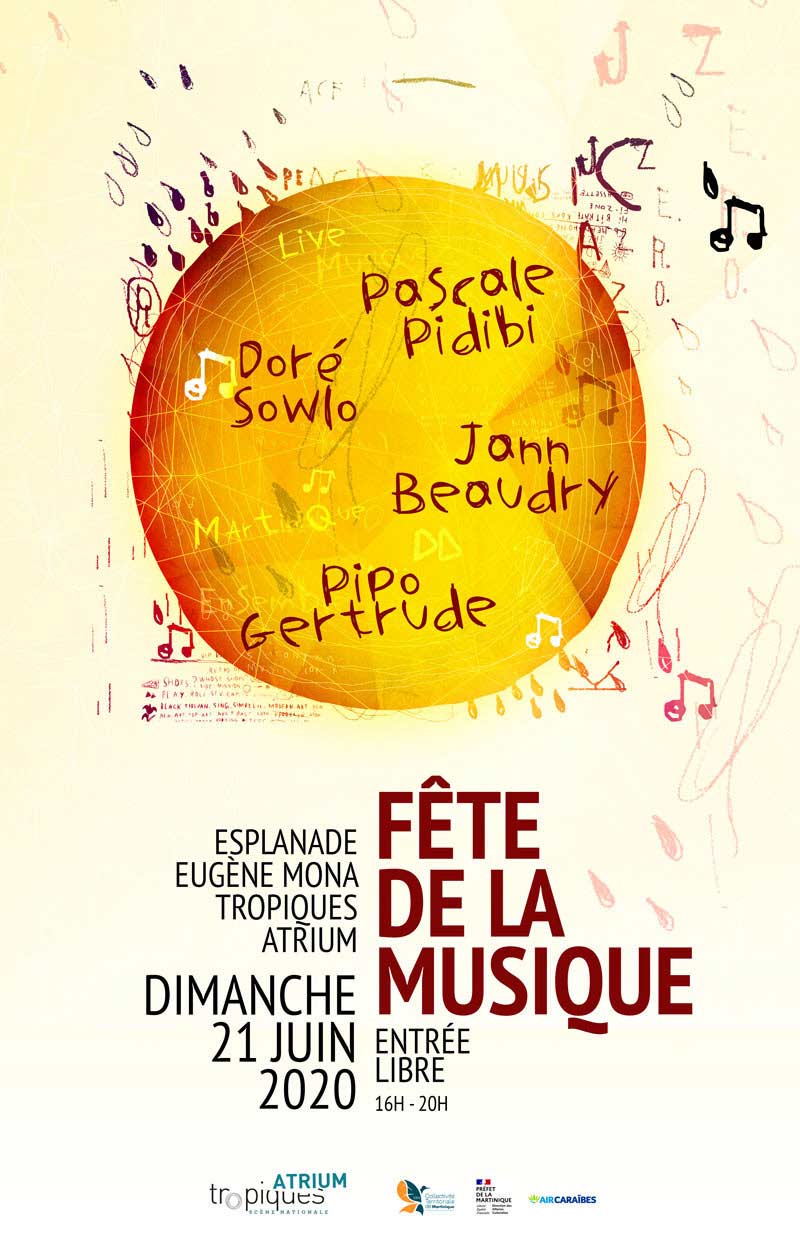

La fête de la musique, also known as “World Music Day,” is the celebration of music and life through free concerts and presentations, mainly outdoors, on the summer solstice each year. Though sometimes referred to as the biggest music festival in France, World Music Day is completely different from a music festival. At, we hope to make this learning journey both fun and informative! And any successful language learner can tell you that comprehending a country’s culture is a necessary step in mastering its language. World Music Day in France is a prime example of how a country’s holidays can reveal what its people hold near to their hearts. Hence the wide range of styles and talents during the Fête de la musique French festivals. This is the most characteristic aspect of World Music Day: It encourages absolutely everyone to do some music anyone can sing or play an instrument, alone or in a band, in public spaces.

On World Make Music Day (or simply Make Music Day), France celebrates music and encourages anyone and everyone to create music, along with many other countries. The concert at the Palais Royal will close with Ode to Joy, from Beethoven’s Symphony No.In France, ninety-seven percent of French people know about Fête de la musique (“World Music Day”)! Julien Clerc, a major name in French chanson.DakhaBrakha, a group of Ukrainian musicians who combine traditional songs and contemporary rhythms, and Temenik Electric and his transcendental Arabian rock.Sopico, a rapper and rising name in urban music Zaho de Sagazan and her atmospheric songs with finely-crafted lyrics and classics by Ravel, Poulenc and Camille Saint-Saëns.

Adapting to the specific culture of each country, the Fête de la Musique has been reinvented and evolved to become an iconic international musical event.įor this edition, with the support of the French Presidency of the Council of the European Union, the Ministry of Culture is offering an eclectic programme beginning at 1pm. The Fête de la Musique has grown considerably, becoming a national event in a number of European countries (including Luxembourg, Italy, Greece, Spain, Czech Republic and Poland) as well as having been adopted in major cities such as Berlin. Numerous participants (including major amateur associations, local organisations, music schools, conservatories, musical institutions, museums, hospitals, local governments, radio and television stations, concert halls and businesses) get involved to organise their own concerts. Its free concerts, the support of SACEM and local governments, media coverage and increasingly broad public participation made the Fête de la Musique a top French cultural highlight within a few years.

This year’s edition is an opportunity to go back to the roots of the Fête de la Musique and focus on the fundamental principles behind its creation: a festive, accessible and spontaneous event, open to all, which aims to showcase and encourage amateur musicians. Since the festival’s creation by the Ministry of Culture in 1982, rural communities and small, medium and large cities in France have joined in to make 21 June a special moment, an expression of the richness of musical life in its entirety that reflects its ever-dynamic vitality. The Fête de la Musique, a free and accessible celebration, turns 40


 0 kommentar(er)
0 kommentar(er)
